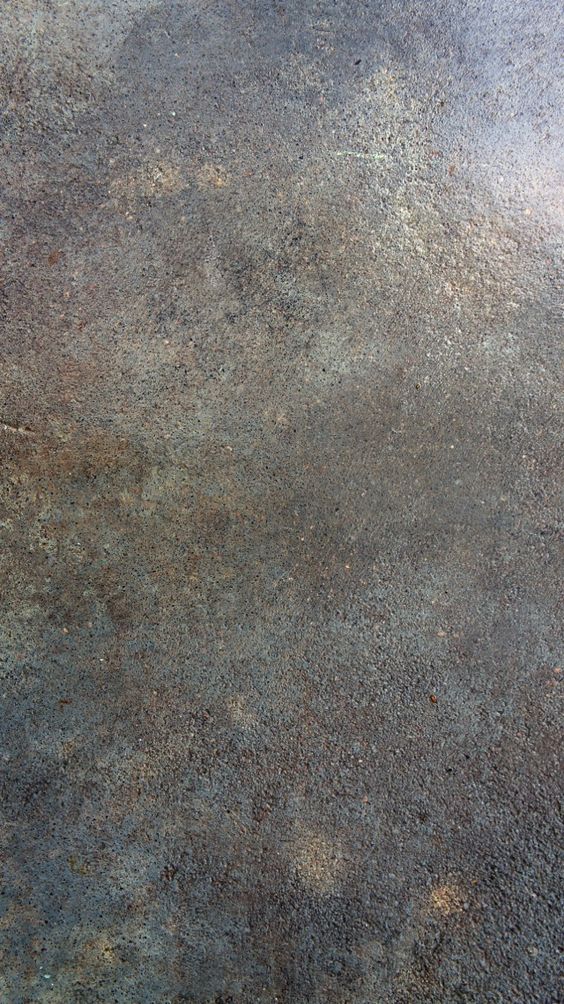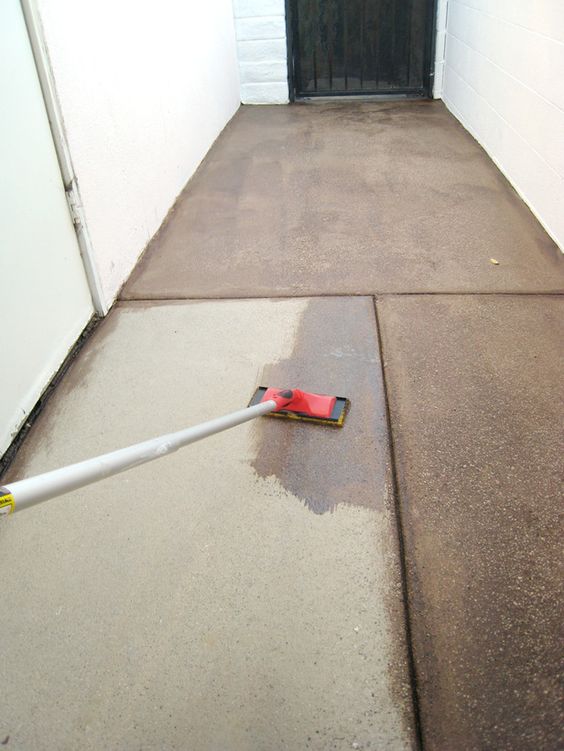- Email us at:info@misterconcrete.co.uk
What are the facts and what are the myths when it comes to concrete? Can you do concreting at any time and in any season? Is concrete really an everlasting material? We will try to name the most common concrete mix and we will also name the most common concrete facts.
Myth: We can estimate drying time accurately
There is different drying time estimated when we talk about ready mix concrete and onsite mix concrete (additives play the role here) as mentioned in article -> Order Ready-Mix Concrete to Save Time and Money. There we talked about different drying times in connection with concrete mixed at a mixing plant and concrete mixed right at the spot (at your site).
So we poured concrete into our foundation, drive way, patio etc. How long does it take the concrete to dry? The estimated drying time is measured by “the rule of thumb”. This means that one inch of slab depth dries approximately in one month. Quite unpredictable is the process of moisture movement in a drying slab. The excess moisture must be allowed to evaporate, in order for concrete to dry. It does that by following a number of small capillaries, or pathways, that are created when it combines with the mix elements (cement, aggregate and admixtures).
.jpg)
source: pinterest.com
Fact: Concrete admixtures can impact drying time
The thing is that some concrete admixtures are meant to speed the drying time up. When we talk about ready mix concrete there are additives that prevent it from drying too soon but this mix needs to be transported and poured into project in approximately 45 minutes from its mixing in the mixing plant. Then starts the setting and moisture begins to evaporate. Most of the suppliers add superplasticizers (lignosulfonate or polymer compounds) which are designed to reduce the content of moisture in the slabs and therefore may reduce the drying time.

source: pinterest.com
Myth: Impermeable concrete
It´s a shocker but this is a big myth. Even the densest dry concrete is in a way porous. Almost any substance (including water of course) in vapour or liquid form may pass through concrete. The key is the overall porosity of the concrete. What can prevent this from happening? What makes the concrete more watertight and less permeable? The mix designs with well-graded aggregate, supplementary cementing materials (silica fume or fly ash) and as mentioned above, superplasticizers (chemical admixtures). Also membranes and sealers as surface treatments may help to prevent the permeability.

source: pinterest.com
Fact: Concrete needs water to gain strength
Despite the information mentioned at the beginning of this article, concrete needs water to dry. Yes it sounds as a paradox but it does. You can´t force the concrete to dry too soon. This process needs its time. Concrete is curing while the water is vaporizing from it, slowly. This may take decades sometimes. There need to be favourable temperatures and sufficient moisture involved in the process of curing. Therefore it is not right to do the concreting when the weather isn´t right. It can´t be neither freezing nor scorching outside and it can´t be pouring, in the matter of fact, as well.
categories
latest posts
services
Mister Concrete serves domestic, commercial and industrial clients delivering high quality certified ready mix and onsite mixed concrete.
Get in touch with us now
Do not hesitate to use our contact form or give us a call and one of our professionals will be happy to help.
comments